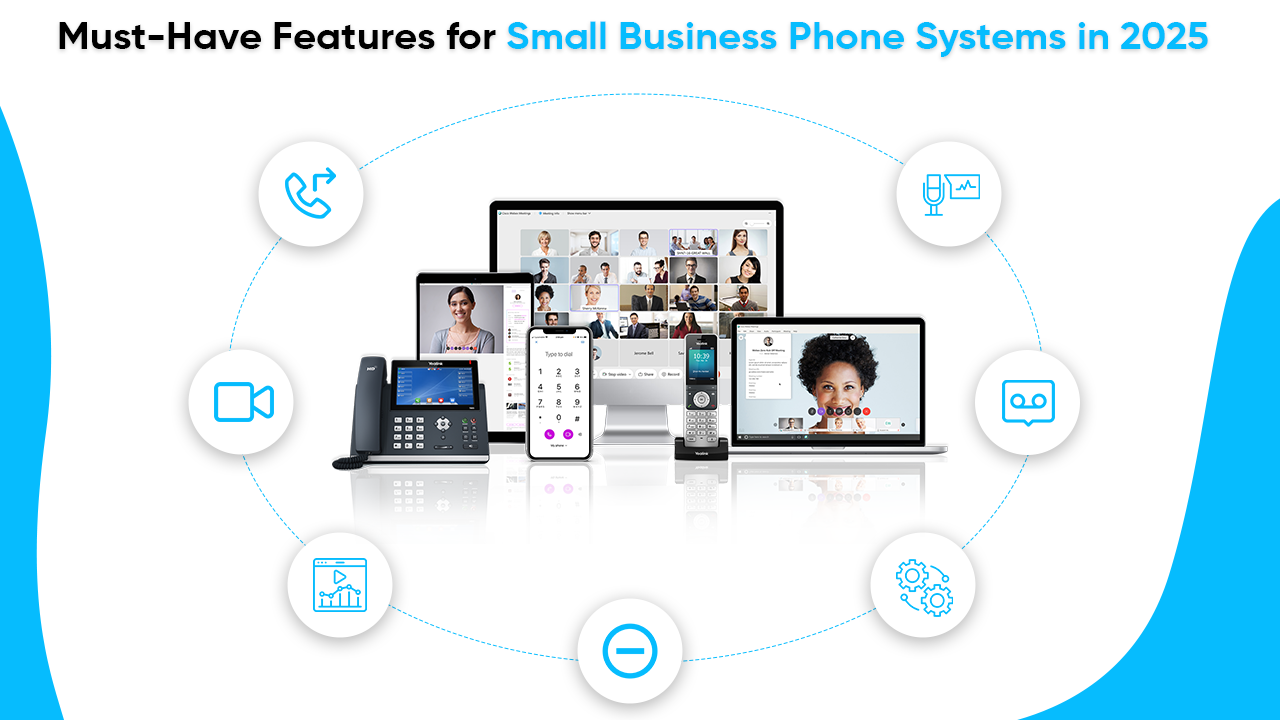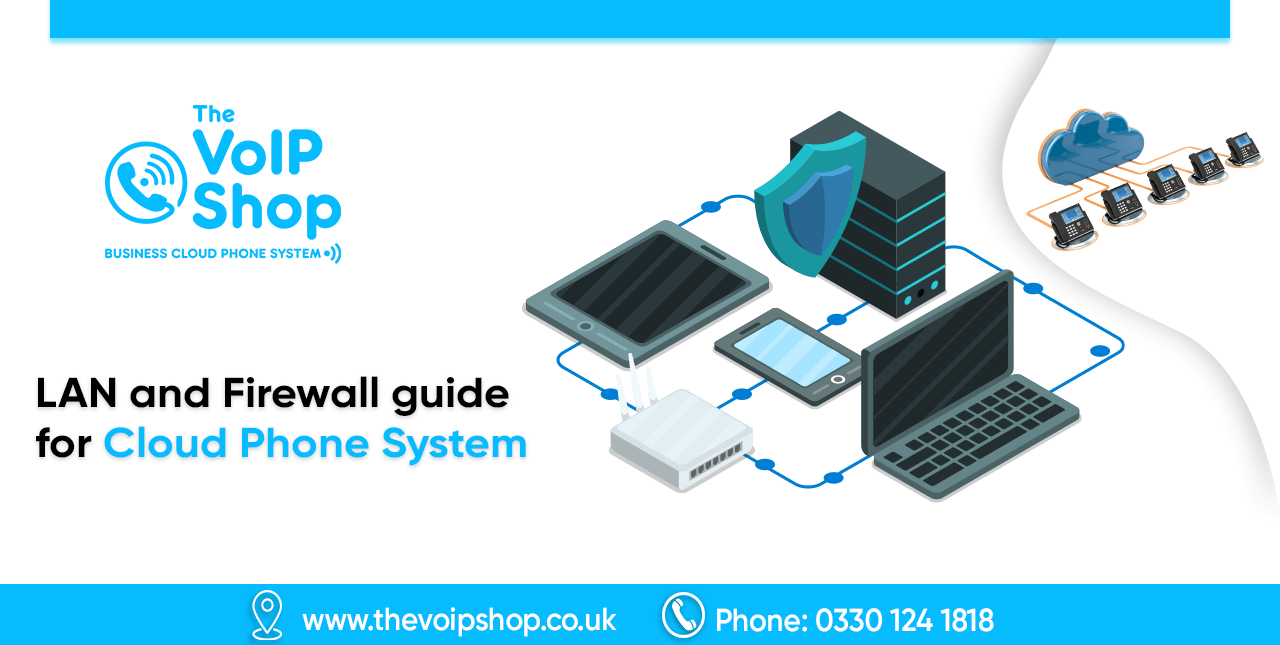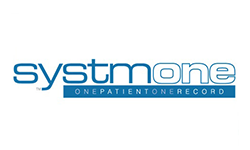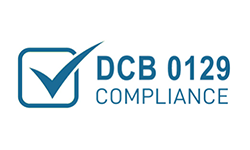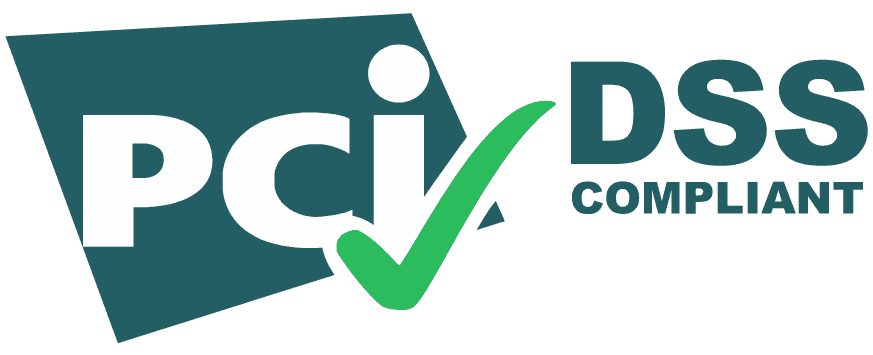
How to Choose the Right Phone System for Your Small Business in the UK ?
As a small business owner in the UK, you understand the importance of staying connected with your clients, customers, and team. One of the key components to ensuring smooth communication is having the right phone system in place. But with a wide array of options available, how do you choose the perfect
phone system for small business? In this
guide, we’ll explore the different types of business phone systems and how to select the one that fits your company’s unique needs.
Why Is a Business Phone System Important for Small Businesses?
A phone system for small business is crucial in creating a professional image, ensuring seamless communication, and enhancing customer service. For small businesses, the choice of a business phone system can impact productivity, the quality of customer interactions, and even your budget. From handling customer inquiries to internal team communication, the right phone system can save you time, reduce stress, and help your business grow.
Benefits of a Business Phone System
- Professional Image: A business telephone system with features such as call forwarding, voicemail, and automated attendants will make your business appear more professional.
- Improved Customer Service: With features like call queuing, personalized greetings, and instant call transfers, a good phone system ensures that customer inquiries are dealt with promptly and efficiently.
- Scalability: As your business grows, you’ll need a phone system for businesses that can grow with you. A system that is easy to scale ensures that you don’t need to keep replacing equipment as your business expands.
- Cost Efficiency: Many modern small telephone systems for small business are affordable, offering excellent value with flexible plans and no hidden fees. They can save you money compared to traditional landlines or mobile phones.

Types of Phone Systems for Small Businesses
There are several types of telephone systems for small business, and the right one depends on your business’s size, budget, and needs. Below, we discuss the most common types of phone systems:
1. Traditional Landline Systems (PSTN)
Traditional landline systems are what most people are familiar with. They work through physical cables and infrastructure from the phone company. While these systems are reliable and easy to use, they’re becoming increasingly outdated. PSTN systems often come with hefty setup and maintenance costs, and they lack the flexibility and advanced features of modern systems.
2. VoIP (Voice over Internet Protocol) Systems
VoIP systems are becoming increasingly popular among small businesses. Rather than using a traditional phone line, VoIP phone systems work over the internet. This can make them more affordable, especially for businesses with remote teams or those that require international calls. Business phone systems that use VoIP are also known for their flexibility, scalability, and advanced features, such as video conferencing, call routing, and voicemail to email. You can explore more aboutVoIP phone systems.
3. Cloud-Based Phone Systems
Cloud-based phone systems are a type of VoIP system but with added flexibility. With this system, your phone system is hosted in the cloud, meaning you don’t have to worry about maintaining physical equipment. Cloud systems offer benefits like remote access, automatic updates, and seamless integration with other business tools such as CRM software.
4. Hybrid Phone Systems
A hybrid phone system combines both traditional landline technology and VoIP capabilities. This type of system may be ideal for small businesses that still rely on landline phones but want to take advantage of the benefits of VoIP technology. Hybrid phone systems can offer the best of both worlds, making it easier to transition to modern technology while maintaining some traditional infrastructure.

What to Consider When Choosing a Phone System for Your Small Business
When it comes to selecting the right phone system business, there are several key factors you should consider. Here are the main things to keep in mind:
1. Budget
Before diving into the details of various phone systems, it’s crucial to set a budget. Some business phone systems come with a hefty upfront cost, while others are subscription-based, allowing for more flexibility. Compare costs of setup, hardware, software, and monthly service fees. Many small telephone systems for small business are available with no long-term contracts, offering pay-as-you-go flexibility.
2. Size of Your Business
Consider how many employees you have and whether you need advanced features such as call routing, multi-line support, or video conferencing. A business phone small system may be suitable for smaller businesses with fewer employees, but growing companies may need a more robust system with additional features and scalability.
3. Scalability and Flexibility
As your business expands, you’ll want a phone system that grows with you. Whether you’re adding employees, opening new locations, or expanding your services, ensure that the phone systems for businesses you choose offer scalability. Cloud-based systems and VoIP options tend to offer the most flexibility in this regard. You can explore a range of scalable hosted phone systems.
4. Ease of Use and Setup
Time is precious, especially for small business owners. Opt for a business telephone system that’s easy to set up and use. Some systems come with simple plug-and-play installation, while others may require more complicated configurations. Be sure to look for systems with a user-friendly interface and solid customer support.
5. Advanced Features
Many modern business phone systems come with features like call forwarding, call screening, voicemail-to-email, call analytics, and mobile apps that let you manage calls on the go. Features like voicemail are essential for customer service, and a phone system for small business with voicemail ensures you never miss an important message. Think about the features that will benefit your business the most, and choose a phone system that offers these as standard.
6. Customer Support
Good customer support is essential when choosing a phone system business. If you face any issues with your system, you need access to reliable customer service. Check if the phone system provider offers 24/7 support, and review customer feedback to gauge the quality of service.
7. Integration with Other Tools
Many businesses rely on software like CRMs, email marketing tools, or project management platforms. Look for a telephone system for small businesses that integrates with the tools you already use. For example, many office phone systems allow you to integrate with platforms like Microsoft Teams, Google Workspace, and Salesforce.
8. Mobile Integration
With remote work becoming increasingly common, mobile integration is another essential factor. Look for systems that let you take calls from your mobile device, ensuring that you never miss an important call while on the go. A phone system for small business with mobile integration ensures that your team can work from anywhere and still stay connected.
9. Affordable Solutions
If you're looking for affordable phone systems for small business owners, there are plenty of options under $50. Many VoIP phone systems for small businesses under $50 provide excellent features like call forwarding, voicemail, and more, making them a great choice for budget-conscious small business owners.
10. Customer Service Reliability
For any business, having a reliable phone system for small business customer service is crucial. Look for systems with excellent call quality, dependable features, and customer support to ensure your customers are always able to reach you when needed.
11. Startups and Small Business Solutions
For cheap phone systems for startups and small businesses, VoIP and cloud-based systems are often the most cost-effective and scalable options. With low setup costs and no need for traditional phone lines, these systems provide value without compromising on features.
Conclusion
Choosing the right phone system for small business is a decision that requires careful consideration. From business telephone systems to cloud-based solutions, the variety of options available ensures that there’s a system to meet every small business’s needs. Take the time to assess your business’s size, budget, and communication needs before selecting the ideal system.
For more information on finding the perfect phone system for your small business, you can visit The VoIP Shop’s phone system guide for small businesses.
Investing in the right phone system will not only streamline your communication but also contribute to a more professional image, better customer service, and increased productivity as your business grows.

